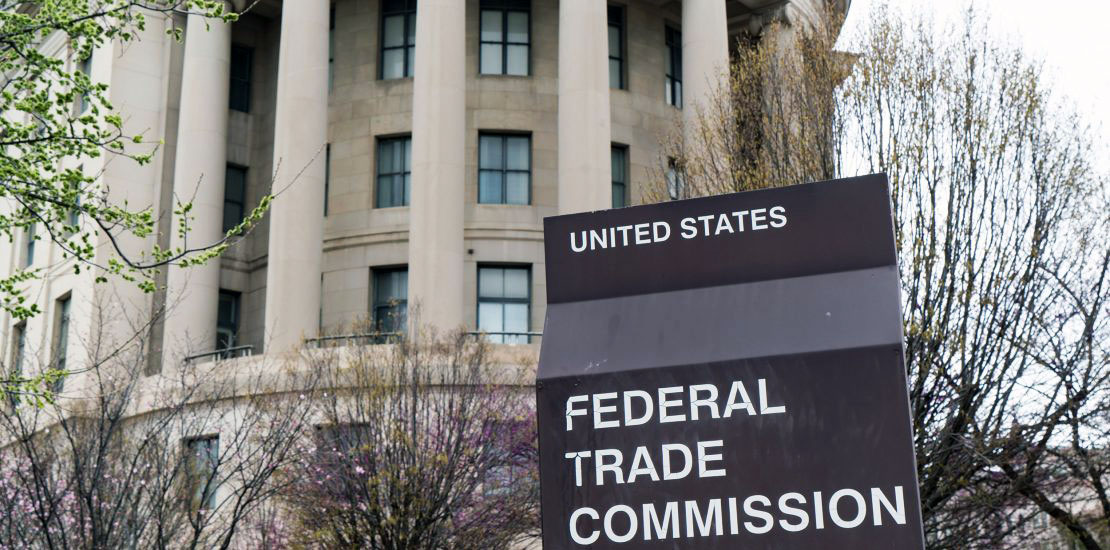The Uncertain Future of FTC’s Ability to Seek Equitable Monetary Relief
By Bradley O. Cebeci
On April 22, the Supreme Court issued its opinion in AMG Capital Management LLC v. FTC overruling four decades of judicial decisions holding that section 13(b) of the FTC Act authorizes courts to require law violators to return illegal gains to harmed consumers. Days before the AMG ruling, a bill—The Consumer Protection and Recovery Act (H.R. 2668)—was introduced in the House that would amend section 13(b) to codify the FTC’s ability to seek the return of ill-gotten monies through restitution and disgorgement, and pursue conduct that is no longer occurring. Not everyone wants to see that happen: the US Chamber of Commerce has taken the position that the FTC’s ability to pursue monetary damages should be restricted to section 19, which requires the FTC to use administrative proceedings to find a violation before going to court, and then to prove that a reasonable person should have known they were violating the law. The Chamber also wants to limit FTC’s enforcement powers under section 13(b) to only ongoing or imminent conduct. On Tuesday of this week, the FTC’s Acting Chairwoman, Rebecca Kelly Slaughter, wrote a letter to the Senate Committee on Commerce, Science, and Transportation responding to the Chamber’s arguments. While Democrats and Republicans alike appear to agree that FTC’s ability to seek financial restitution is important, there is significant disagreement along partisan lines as to the appropriate scope of that authority. This fight is just getting started. Break out your popcorn.
Bradley O. Cebeci is a Partner with Rome & Associates, APC. Brad focuses on Payments and Digital Marketing Law.


[…] this action appears to signal a new strategy by the FTC to circumvent the impact of the AMG Decision on FTC’s ability to pursue consumer redress in federal district court under section 13(b) of the […]